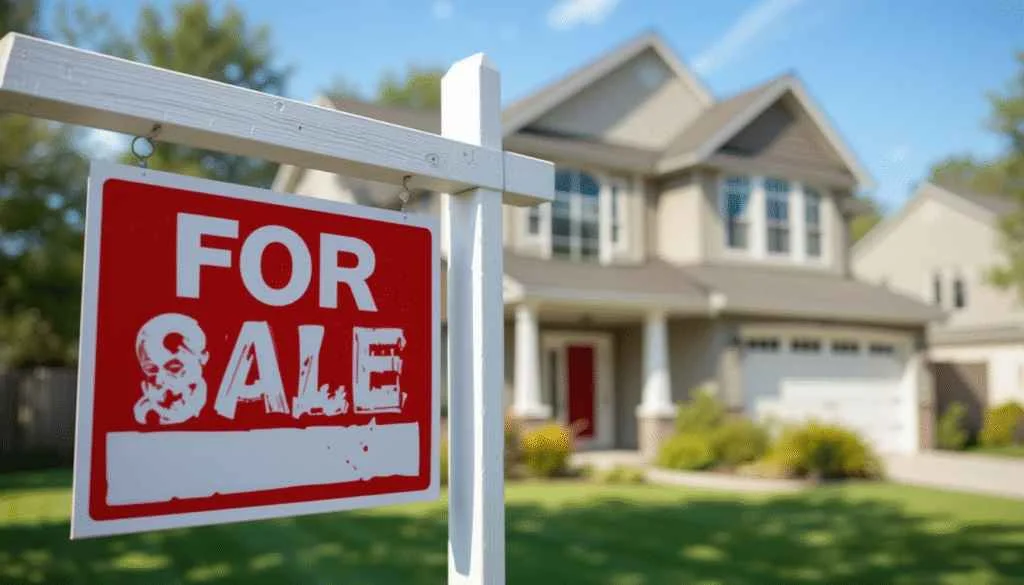
Introduction: Why Buyers Are Interested in Probate Homes
Buying a Probate Property are often sold below market value, making them attractive to homebuyers and investors. However, the process is not the same as a regular real estate purchase. Buyers need to know the pros, cons, and risks before making an offer.
The Biggest Advantage: Lower Prices
One of the main benefits of probate real estate is cost savings. Buying a Probate Property Executors and heirs are usually motivated to sell quickly, probate properties for sale which can lead to homes being priced lower than comparable properties in the area.
Another Benefit: Less Competition
Many buyers shy away from probate sales because of the court process. This means serious investors often face less competition, making it easier to secure a deal.
The Risks: Longer Closing Times
Unlike traditional sales, probate transactions often take months due to court approvals and required hearings. Buyers must be patient and prepared for delays.
Risk of Property Condition
Probate homes are usually sold “as-is”. Since heirs are not responsible for repairs, buyers may inherit issues such as outdated systems, structural problems, or neglected maintenance.
Financing Challenges
Because probate sales can take longer, traditional lenders may hesitate. Cash buyers or investors with flexible financing often have an advantage in this type of purchase.
Tips for Buyers: How to Protect Yourself
- Always get a home inspection, even if the sale is “as-is”.
- Work with an experienced probate real estate agent.
- Be prepared for possible overbidding at court confirmation hearings.
- Budget for repairs and unexpected expenses.
Conclusion: Is a Probate Property Right for You?
Buying a probate property can be a smart investment if you understand the process. Lower prices and unique opportunities make them attractive, but patience and due diligence are key to success.
How to Approach Probate Property Purchases
When considering a probate property, the first step is research. Buying a Probate Property should understand the local housing market and compare probate listings with regular sales to see if the discount is truly worth it. Sometimes, the price difference is significant, but in other cases, repairs and delays might offset the savings. Smart buyers calculate both the upfront cost and the long-term expenses before making an offer.
Why Professional Guidance Matters

Probate transactions involve more legal steps than standard property purchases. Buying a Probate Property That’s why working with professionals is essential. An experienced probate real estate agent can help you navigate court requirements, while an attorney can ensure all documents are handled correctly. Skipping professional guidance may lead to delays or legal complications, which could cost buyers more in the long run.
Common Mistakes Buyers Should Avoid
Many first-time buyers rush into probate sales because of the lower price. However, this approach can backfire if they fail to budget for hidden costs. For example, neglected maintenance can mean expensive repairs like roof replacements or electrical upgrades. Another mistake is not preparing for overbidding during court confirmation. Buyers who set a strict budget and stick to it are less likely to face financial stress later.
Who Benefits Most from Probate Properties?
While probate properties can be appealing to anyone, they are especially attractive to investors, flippers, and cash buyers. These buyers often have the flexibility to handle long closing times and the funds to make repairs quickly. For regular homebuyers, probate homes can also be a great opportunity, but only if they are ready to be patient and cautious.
Long-Term Potential of Probate Investments
For investors with vision, probate properties can be more than just quick deals—they can be long-term wealth builders. Buying a Probate Property Many of these homes are located in established neighborhoods with strong rental demand, making them ideal for buy-and-hold strategies. By purchasing at a lower cost, renovating smartly, and either renting or reselling, buyers can create steady income or significant equity growth. This is why seasoned investors often keep an eye on probate listings—they know that with patience, these opportunities can deliver strong financial returns.

